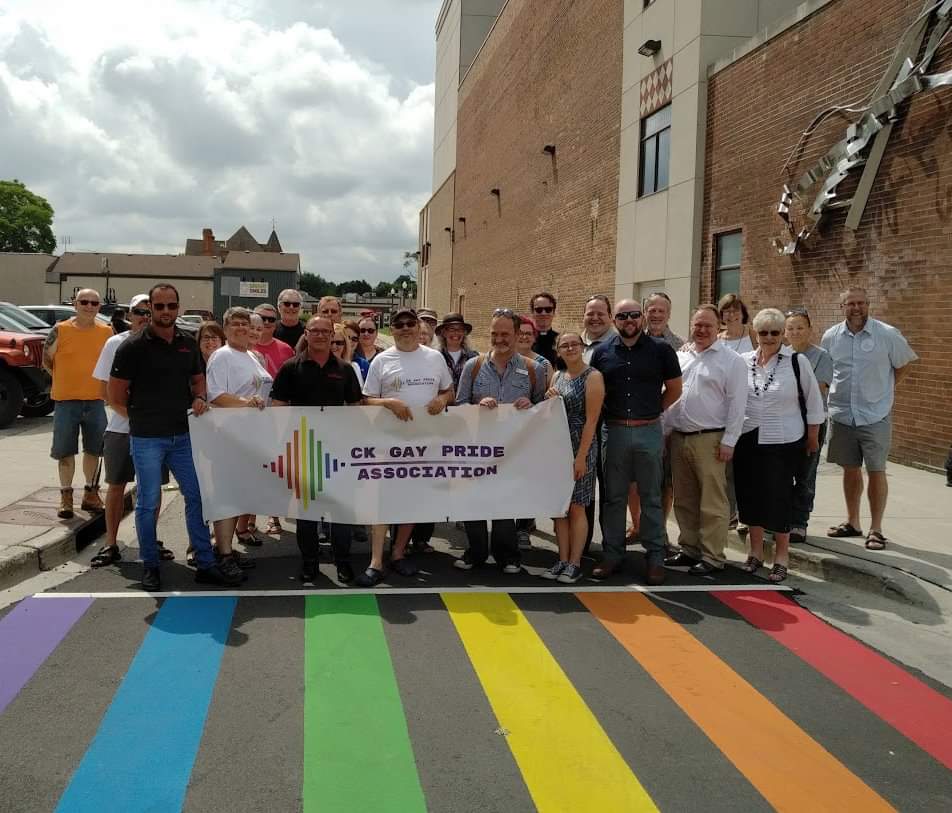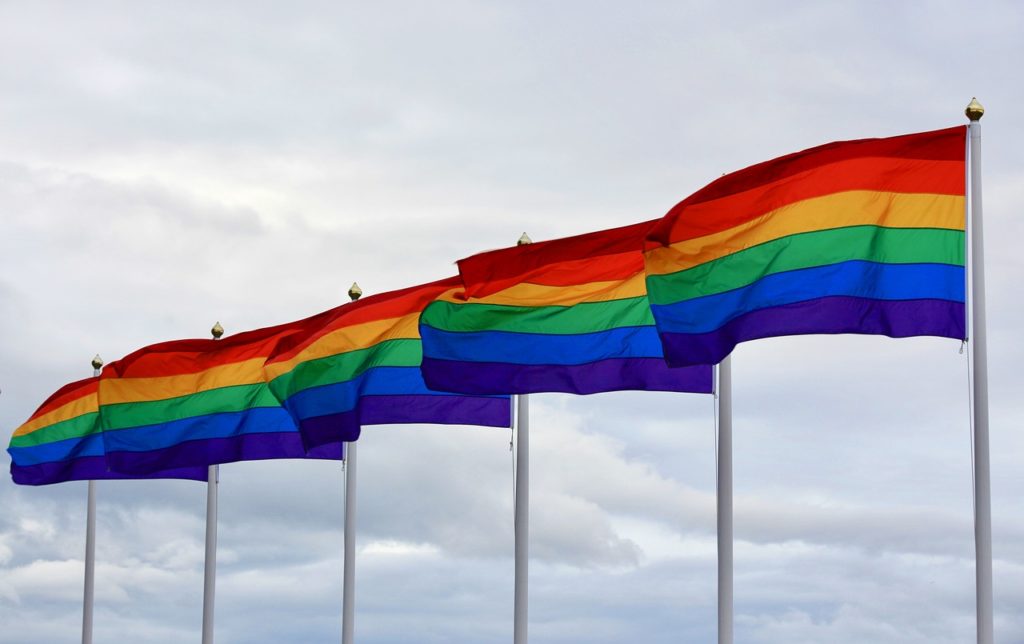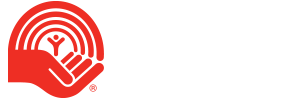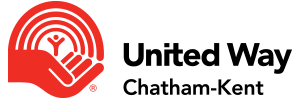As Pride Month kicks off around the world, we’re staying close to home to look at the good work that the Chatham-Kent Gay Pride Association has been doing in a year unlike any other.
While everybody has had to stay home, CK Pride has continued the tough work of trying to be as visible as possible, maintaining a public presence and staying available to the community.
For Marianne Willson, Chair of the Board and acting president of CK Pride, this presence during a time of great need represents five years of intentional work for the group, run exclusively by volunteers and through funding from community partnerships and donations.
“We took a huge leap of faith as an association,” Marianne says, explaining that it can be hard for a group that has historically felt relegated to the shadows to put themselves in the spotlight.

The pandemic then cast even longer shadows on the LGBT2SQ community, making it even more difficult for people to ask for and find the help they may need.
“Any time you take any sort of isolation and put it on a marginalized community that knows how to hide—they just go back into hiding… it’s what we all do, to go back to a place where our deepest comfort level is to feel reassured. What that means is that we have increases in mental health issues, in poor communication, poor connection in the communities and getting the resources to those who need them most. It sends (the most vulnerable people) back into the shadows where it is even harder to live in positive, well ways.”
All the things that we used to do to maintain our wellness has become harder, Marianne adds, from meeting with peer wellness groups to going for a walk in the park. But CK Pride is still available and has put a greater effort in engaging people on social media, meeting people where they are.
“We keep our Facebook, Instagram and Twitter updated on a very regular basis,” says Marianne, and of course, anybody can reach out through the website or the phone, as social media doesn’t always feel like a safe space for some.
Marianne stresses that it’s ok to call or email and just say, “Hey, I’m new in the community or, you don’t know me but I’ve been here a while, and I just need to know that someone else exists. People just need some peer connection; sometimes it’s just a phone conversation and I’ll speak to them as long as they wish.”
Marianne says that she’s not a counsellor, but sometimes a friendly voice and a little help is all that’s needed. “I’m a connector.”
And it is that desire for connection that was behind the January announcement of the creation of Bill’s Place at 48 Centre Street in downtown Chatham, a community centre opening soon at that will operate alongside CK Pride as a welcoming hub for services geared towards the LGBT2QS community.
The centre will fill a need that the LGBT2SQ community hasn’t yet had met in Chatham-Kent: “We will be able to provide education, resources and referrals to people who see them (the LGBT2SQ community) for who they are. We can do that from Bill’s Place. We can be a hub for community, and we have commitments from other partners who can help make that happen.”

Partnerships within the community go a long way in ensuring that Chatham-Kent is a welcoming and accepting city, and that the needs of the LGBTQ2S community are being acknowledged and met.
And while there still are challenges to overcome in making Chatham-Kent a tolerant and welcoming area, Marianne believes that much can be solved with a few tough conversations and a lot of understanding. “I truly believe that (many of the challenges in CK) just come from a place of unknowing and reduced exposure.”
Once the world opens up a little more and Bill’s Place is up and running, Willson says the future goals of CK Pride will be community efforts that bring everybody to the same table, with the same baseline knowledge and a level of acceptance that means CK is a welcoming, just and safe space for all.
Isn’t that the kind of community we’d all like to call home?
More ways you can be an ally to the LGBT2SQ community in Chatham-Kent:
- Educate yourself! Don’t leave it up to your lesbian, gay, 2-spirited or trans friend to fill in the gaps in your knowledge. Reach out to CK Pride, Trans Wellness Ontario, or Rainbow Health for an online 7-part course for $20 that anybody can afford to engage in.
- Actively participate in supporting the LGBT2SQ community by showing up! Place a rainbow sticker in your window, attend the safe opening of Bill’s Place, and join CK Pride’s August events virtually or in person. Donate to CK Pride to help them continue their important work.
- Be an ally online by helping to amplify CK Pride’s messages and messages of support and justice for the LGBT2SQ community on your Facebook, Twitter, Instagram or other social media pages. Share this post!
- Respect people’s chosen pronouns. When they have been provided to you, please use a person’s chosen pronouns. If you don’t understand why, see point number one! Also, don’t expect or mandate someone to offer theirs if they haven’t. Offering pronouns can place someone in a vulnerable position and it should only be done at each individual’s chosen timeline.
- Make space for people to share their story. Don’t speak for other people, but do make room for someone to disclose their own story and self-identity safely and with respect. Be mindful about boundaries and ensure that you are not outing someone because you want to be part of a conversation or community.
- Be an active listener. When someone in the LGBT2SQ community opens up or discloses an issue they are having, listen with empathy, not sympathy. Ask if you can help, respect the answer, and make yourself available to simply be standing shoulder-to-shoulder as a friend and ally, listening and hearing.
- If you are ready to be a recognized ally, use that power and speak up! Fighting for justice when you are part of a marginalized community can mean putting yourself in a very vulnerable and sometimes unsafe situation. But an ally can use their power and their voice. If you hear an anti-gay comment or a joke that demeans any marginalized person, say something. Oppressive and hurtful comments are never ok, but saying “That’s not cool,” always is.
- If someone has said, “That’s not cool” to you, listen, learn and pledge to do better. It’s ok to mess up! We don’t always recognize the deeply held misinformation we carry with us or the ways we are inadvertently oppressing others. It’s ok to recognize these things, change and be grateful for the knowledge.

